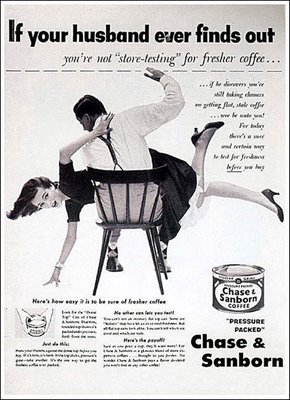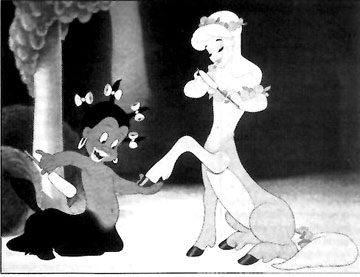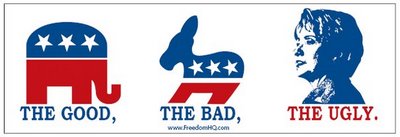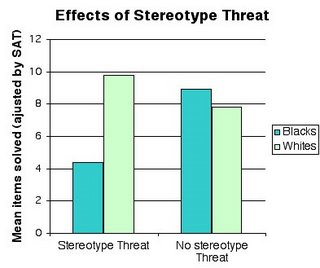I guess this is what sexism used to look like (before it looked like this and this and this and this and this):
These Folgers commercials are doozies:
[youtube]https://www.youtube.com/watch?v=VprIbx4QkPc[/youtube]
[youtube]https://www.youtube.com/watch?v=cnjjkgIO3Ck[/youtube]
Thanks David P. for sending us both the ad, found here, and the commercial!
* I stole the title of this post from HeatherShow.
Lisa Wade, PhD is an Associate Professor at Tulane University. She is the author of American Hookup, a book about college sexual culture; a textbook about gender; and a forthcoming introductory text: Terrible Magnificent Sociology. You can follow her on Twitter and Instagram.

























